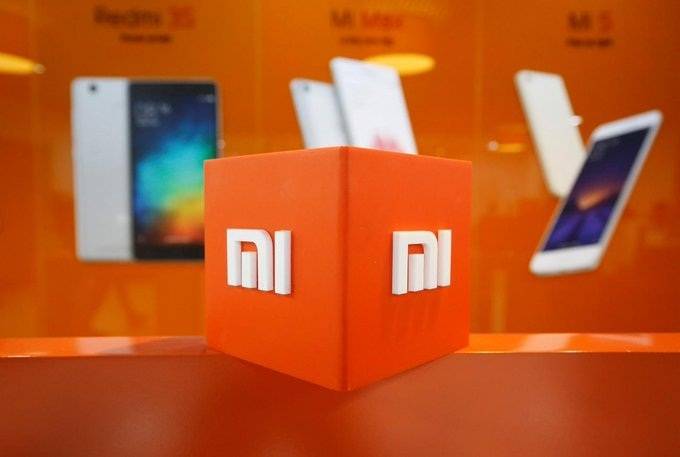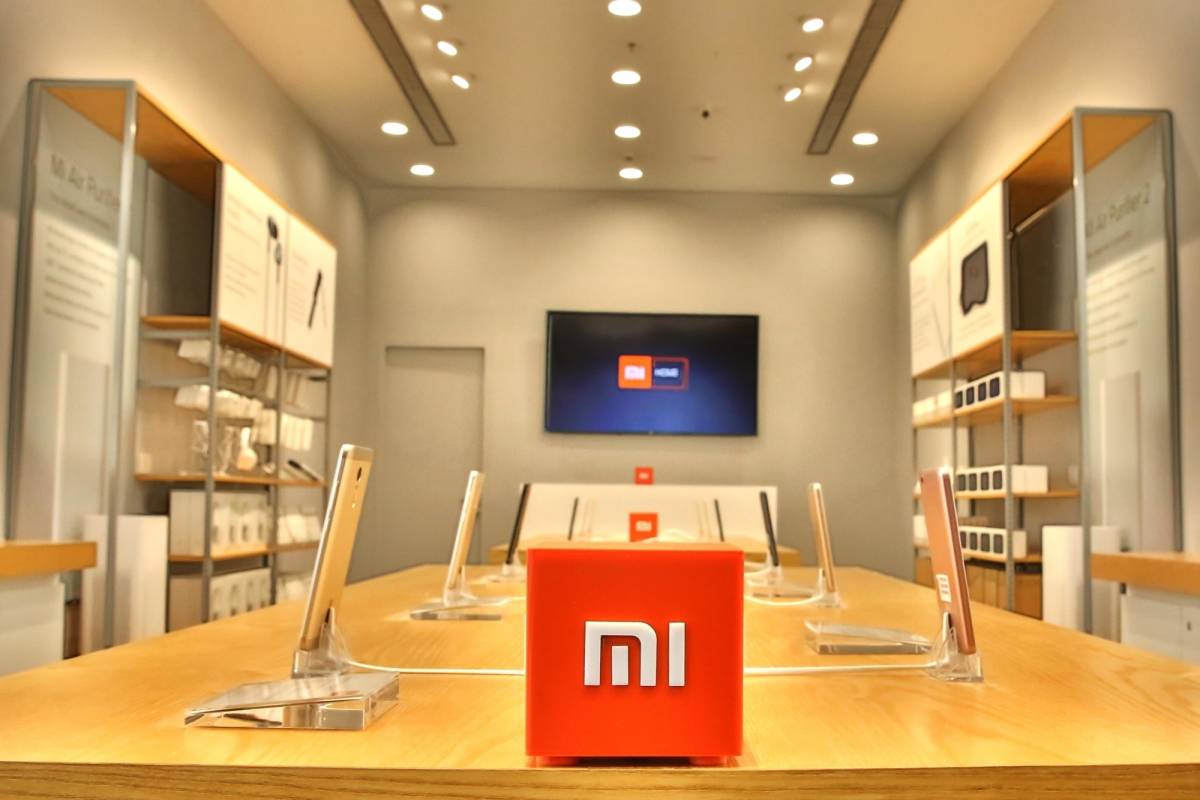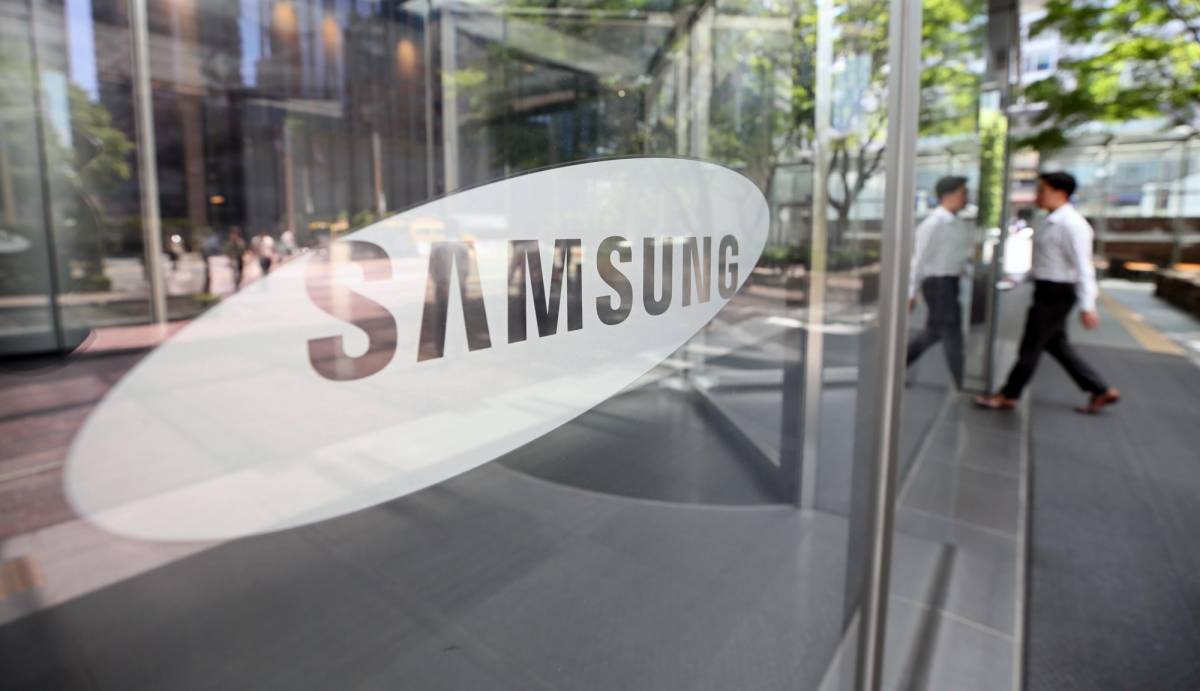The tax evasion spotlight primarily falls on the key players in the Indian smartphone market, including Oppo Mobile, Vivo India, and Xiaomi Technology….reports Asian Lite News
The controversy surrounding Chinese handset manufacturers continues to grow in India, with Xiaomi and vivo recently getting implicated in an FIR filed by the Special Cell of Delhi Police against NewsClick founder Prabir Purkayastha and others.
In July this year, Minister of State for Electronics and IT, Rajeev Chandrasekhar, had informed the Parliament about tax evasion totaling approximately Rs 9,000 crore, spanning Customs duty and GST, detected between 2018-19 and 2022-23.
The tax evasion spotlight primarily falls on the key players in the Indian smartphone market, including Oppo Mobile, Vivo India, and Xiaomi Technology.
These Chinese mobile handset brands, collectively registering an estimated turnover of Rs 1.5 lakh crore in India during 2021-22, employ over 75,000 individuals in their manufacturing operations, with an additional 80,000 workers handling sales and operations.
The minister had said that many of these companies have established their own manufacturing units, with some collaborating with contract manufacturers like Bharat FIH Limited and DBG Technology (India) Private Limited, which have set up Electronics Manufacturing Services (EMS) operations in India.
Distribution of mobile handsets is predominantly managed by Indian companies, although some Chinese firms, such as Oppo and vivo, engage Chinese distributors as well.
The tax evasion statistics reveal significant financial discrepancies among these companies. Oppo Mobile India Pvt Ltd allegedly evaded Rs 5,086 crore in taxes, including Rs 4,403 crore in Customs duty and Rs 683 crore in GST.
Vivo faces accusations of evading taxes worth Rs 2,923.25 crore, including Rs 2,875 crore in Customs duty and Rs 48.25 crore in GST.
Xiaomi Technology India Pvt Ltd is said to have evaded Rs 851.14 crore, with Rs 682.51 crore attributed to Customs duty and Rs 168.63 crore to GST.
In its FIR against NewsClick founder-editor Prabir Purkayastha and others, the Special Cell has alleged that big Chinese players, like Xiaomi and vivo, incorporated thousands of shell firms in India in violation of PMLA/FEMA norms for illegally infusing foreign funds.
“Further, Prabir Purkayastha, Neville Roy Singham, Geeta Hariharan, and Gautam Bhatia (key person) conspired to create a ‘Legal Community Network’ in India to campaign for and put up spirited defence of legal cases against the aforementioned Chinese telecom companies in return for benefits by them,” says the FIR in possession with IANS.










